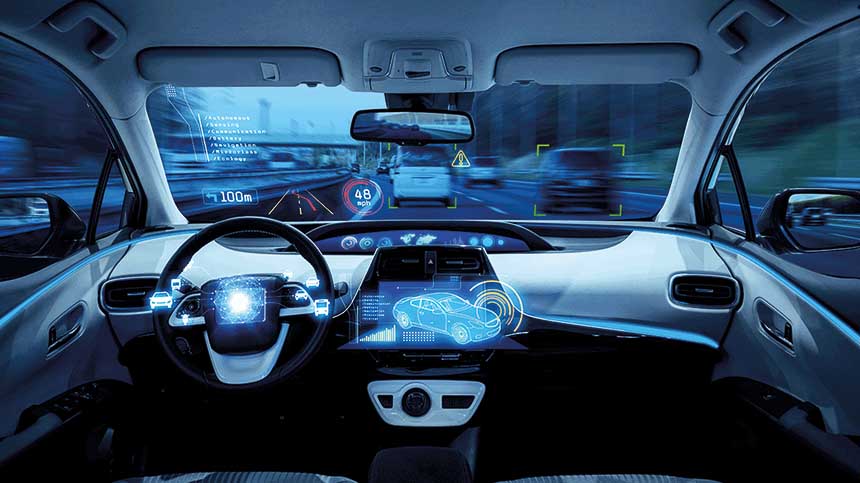Fears around autonomous vehicles revealed in new study

New research has revealed the main fears around autonomous vehicles, with more than half of motorists admitting a lack of control is their greatest worry.
According to a study of 2,000 people carried out by vehicle history check and valuation specialists HPI, 57% of drivers say this is their largest fear around self-driving cars.
The second biggest area of concern for 49% of respondents was the behaviour of other road users. Other issues concerning motorists include being involved in collisions (41%), the state of UK roads (37.5%), and breakdowns (35%).
The Automated Vehicles Act (AV Act) was passed in the UK last year, meaning that self-driving cars could be on public roads by next year.
Fears around autonomous vehicles
According to the survey, 37% of motorists are worried about how they will interact with other road users, with 34% concerned about their costs, and 20% put off by not being able to drive how they want to.
However, the survey also found that age has a significant impact on attitudes to the technology, with 26% of drivers aged 18 to 26 trusting self-driving cars compared to just 10% of over 65s.
Matt Freeman, managing consultant at HPI, said: “Fully autonomous vehicles could be on UK roads by as early as 2026, so the results of our study into concerns around driverless technology are encouraging. Drivers seem to be prepared to adopt the technology, and general trepidation levels are fairly balanced, especially as the vehicles are not even around at present
“The arrival of driverless cars will be the biggest technological advancement to happen in the automotive sector for decades. It seems to be an exciting area of motoring for most people, especially younger generations.
“Our latest research into public attitudes towards driverless cars shows that attitudes are most definitely shifting, and the results indicate that people are getting increasingly used to the idea. Perhaps the increasing use and trust of artificial intelligence in other areas of life is partly responsible for this, as well as the fact that many drivers have been comfortable with using autonomous tech in their cars already for several years, such as auto braking, adaptive cruise control, lane assist and driver assistance systems.”






